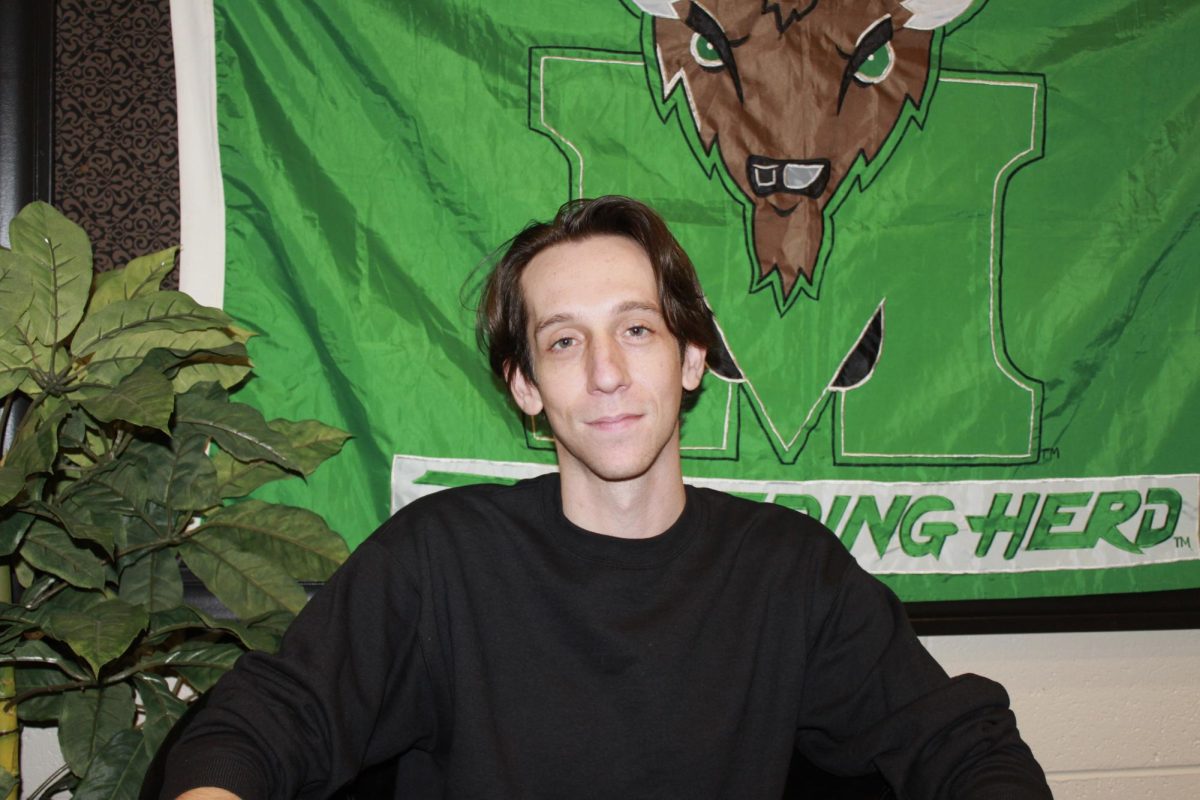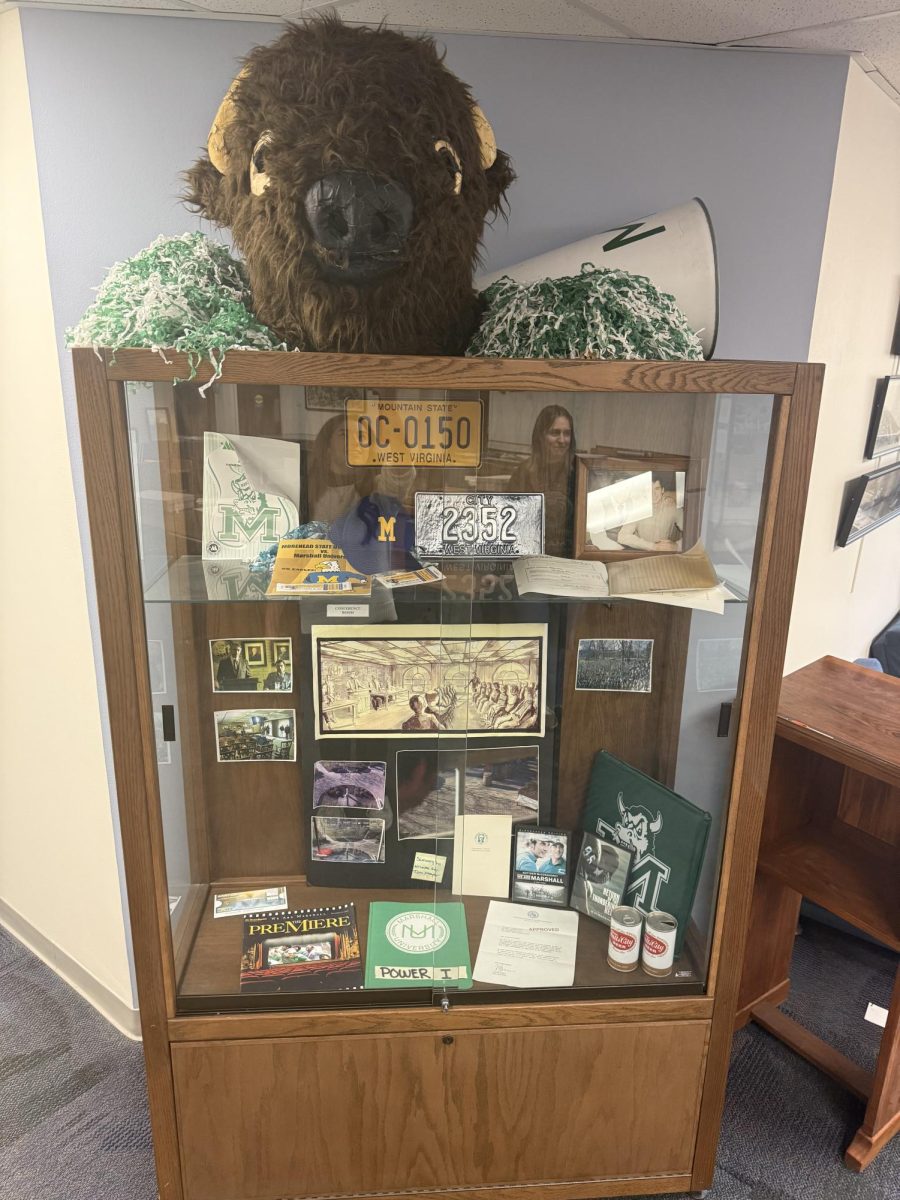Jewish students at Cornell faced a barrage of threats that surfaced Sunday, Oct. 29, sparking an investigation by the university’s police and the departments of Justice and Homeland Security.
Some of the threats specifically targeted the university’s 104 West!, located beside the Center of Jewish Living, and hosts the kosher dining hall, with one online message threatening to shoot the students inside.
“Earlier today, a series of horrendous, antisemitic messages threatening violence to our Jewish community and specifically naming 104 West! — the home of the Center for Jewish Living — was posted on a website unaffiliated with Cornell,” Cornell President Martha E. Pollack said in a statement released on Sunday.
These online messages led to the involvement of the departments of Justice and Homeland Security, which will partner with campus police to track the antisemitic threats, with the federal departments lending resources to schools to assess the credibility of threats.
The threats come as student protests and tensions have risen on college campuses across the U.S. following the declaration of war by Israel on Hamas, with some students protesting in support of Israel while others protest in support of Palestine.
Following the attack on Israel by the Gaza-based terrorist organization on Oct. 7, there has been a nearly 400% increase in antisemitic incidents, according to the Anti-Defamation League, a Jewish advocacy group.
Meanwhile, reports of Islamophobic acts have increased on college campuses across the U.S., with the Council on American-Islamic Relations receiving 774 complaints since the attacks.
Cybersecurity and protective security experts at the Department of Homeland Security have been instructed to work with the schools to track antisemitic and xenophobic threats, the White House announced on Monday.
So far, the university’s police department has increased security for the Jewish students and organizations at Cornell and informed the FBI of the threats.
“We take all threats seriously and are working closely with Cornell and our law enforcement partners at every level to determine the credibility, share information and take appropriate investigative action,” a statement from the FBI said. “Nothing is more important than the safety of our communities, and we will not tolerate violence motivated by hate and extremism.”
Out of the 3,500 students at Cornell, both undergraduate and graduate, 22% identify as Jewish.
As a result, the White House announced the Education Department’s Office of Civil Rights will expedite an update to the complaint form, highlighting Title VI of the Civil Rights Act of 1964, which prohibits antisemitism and islamophobia on campuses.
The New York Attorney General, Letitia James, weighed in, calling the threats “horrific,” continuing in a post on X, formerly Twitter, saying, “Campuses must remain safe spaces for our students.”
“It’s really, really hard to focus on anything other than all of this,” Zoe Bernstein, Cornell senior, said in an interview with CNN. “I just really hope that we can soon get to a point where things just die down, and we can focus on our academics again because I know students from all walks of life have really been struggling.”
The White House domestic policy adviser, Neera Tanden, plans to visit a college campus to hold a roundtable with Jewish students later this week. Meanwhile, the Education Department has conducted visits to schools in San Francisco, St. Louis and Maine to gather information on antisemitism on campuses, with more visits in New York and Baltimore planned for this week.
While the Biden administration has stepped in, the effectiveness of the federal resources will be difficult to predict as universities are already facing backlash over the divisive conflict with major donors already pulling funding to Harvard and the University of Pennsylvania.
Students have also been fearful of their right to free speech after Brooklyn College President Michelle Anderson announced in a statement on Wednesday, Oct. 11, a protest by Students for Justice in Palestine and other student organizations had been moved “off campus.”

















